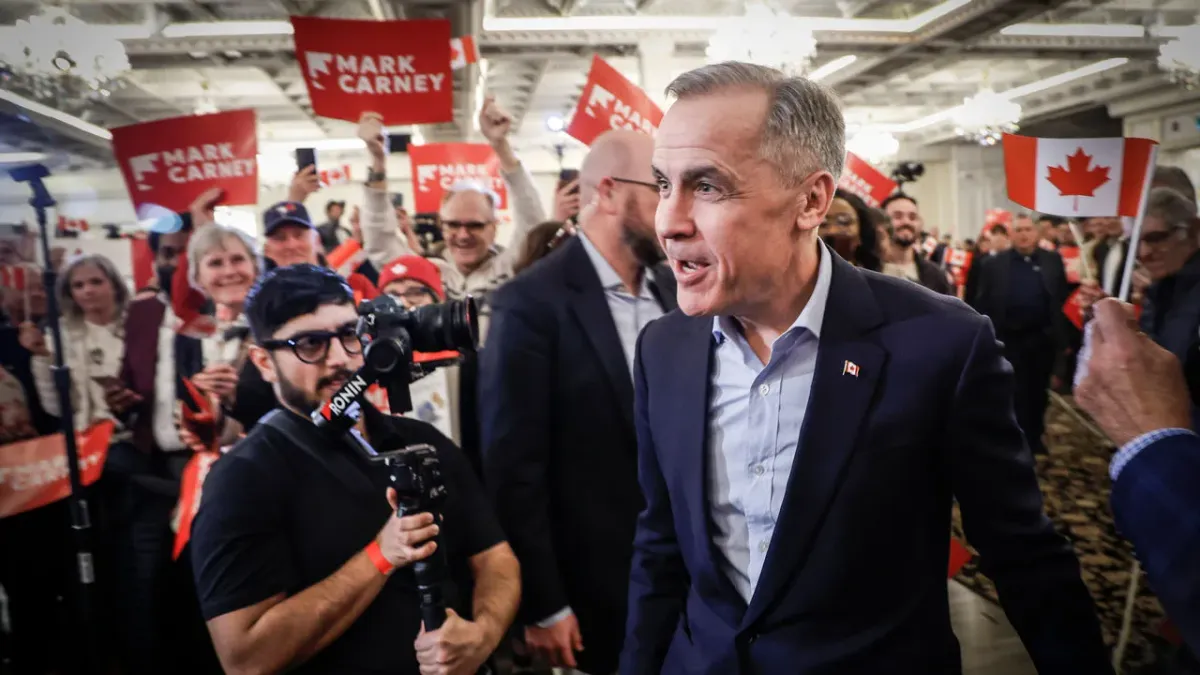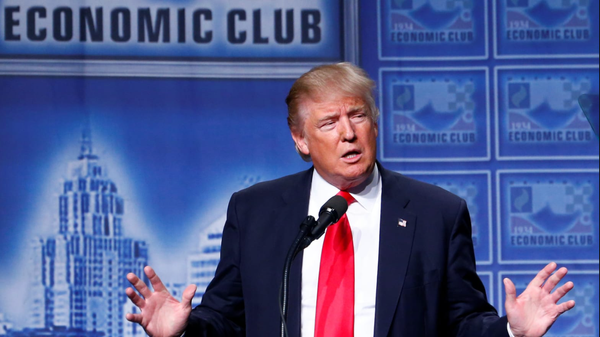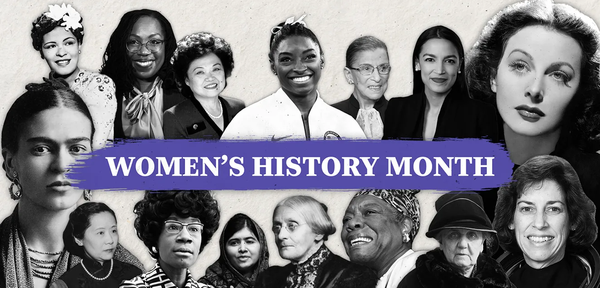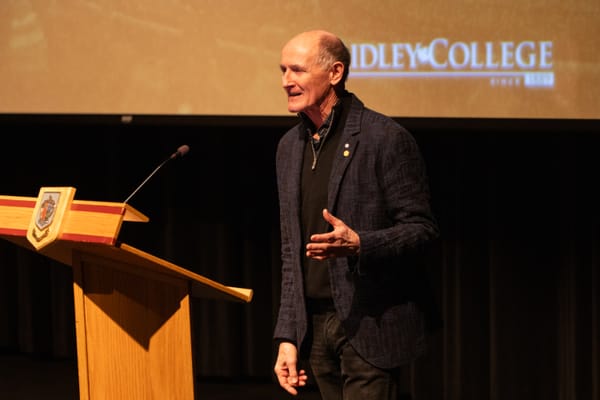OPINION: Mark Carney, Wartime PM Amidst A Trade War
By Quinn Martindale ’27, Resident Editor; Edited by Isabella Perco ’26, Staff Editor

Only 9 weeks after Justin Trudeau announced his resignation, Mark Carney has been announced as the new interim Prime Minister of Canada. A liberal leader with a strong financial background and an economist, Carney has served as the Governor of the Bank of Canada and also the Bank of England. He holds a reputation as a respected and skilled banker, helping Britain avoid Brexit-related insecurities and helping Canada through the 2008 economic crisis. Now, he has a new task. Guide Canada through another economic crisis: the trade war being unleashed on Canada and Mexico by the United States.
Mark Carney’s official political position is center left. His platform consists of several initiatives that aim to increase fiscal responsibility in the Canadian government. At the same time, he has been criticized for his “too far left” viewpoints when dealing with issues like climate change. A notable example of the blending of his policies is his modification of the Canadian carbon tax. Carney recently claimed: “The Consumer Carbon Tax isn’t working—it’s become too divisive. That’s why I’ll cancel it and replace it with incentives to reward people for greener choices.” Carney’s administration will immediately remove the consumer carbon tax and instead create a system of incentives to reward Canadians for making greener choices, such as purchasing an energy-efficient appliance, electric vehicle, or improved home insulation. Carney believes this plan will benefit Canadians on multiple levels: it includes energy-efficient buildings, having big polluters pay Canadians to make their green choices, and making Canadian companies more competitive so Canada can compete with the United States in international markets. Mark Carney’s selection as the interim leader of Canada came at the country’s time of need, right at the beginning of the tariffs being imposed on Canada. After Justin Trudeau’s widely anticipated resignation, the liberal party called a leadership race to determine his successor, Mark Carney. Carney has called for a snap election in April, where if he wins, he will cement himself as the leader of Canada for the remainder of his term. But, if he loses, someone new could replace him. Early polling suggests it is a close race between the liberals and conservatives, with it being able to go either way. However, Mark Carney’s personal approval ratings are positive. In contrast, his opponent, conservative leader Pierre Poilievre’s ratings have taken a dip, and NDP (New Democratic Party) leader Jagmeet Singh’s ratings have plummeted significantly. At this stage, the consensus of the election is that Mark Carney is in favour.
Carney’s new task, demanded by the Canadian people, is to fight back against Donald Trump’s erratic and volatile tariffs, sparking a trade war that will have global consequences for all parties involved. His most recent tariff relief strategy includes a domestic free trade plan, where all goods traded throughout Canada’s provinces are not subject to barrier costs or made more challenging to transport to build Canada’s infrastructure and reduce Canada’s dependence on third parties like the United States. This is important so Canada will be spared somewhat from their taxation.
"We need to build the strongest economy in the G7. We need to deal with President Trump’s tariffs," Carney recently tweeted on X, doubling down on his goal to fight back against the tariffs and turn Canada into another trade powerhouse.
Mark Carney’s selection as Prime Minister was met with mixed emotions. Some claimed his economic and financial experience would allow him to make better fiscal decisions for the government, ultimately affecting the people. Others suggested his inexperience in government might make him a poor choice, and his skills don’t exactly translate well to head office.
As Carney takes control of Canada’s government, his success will be determined by his ability to combine his preexisting economic skills with leadership ability and make decisions that truly benefit Canadians.




